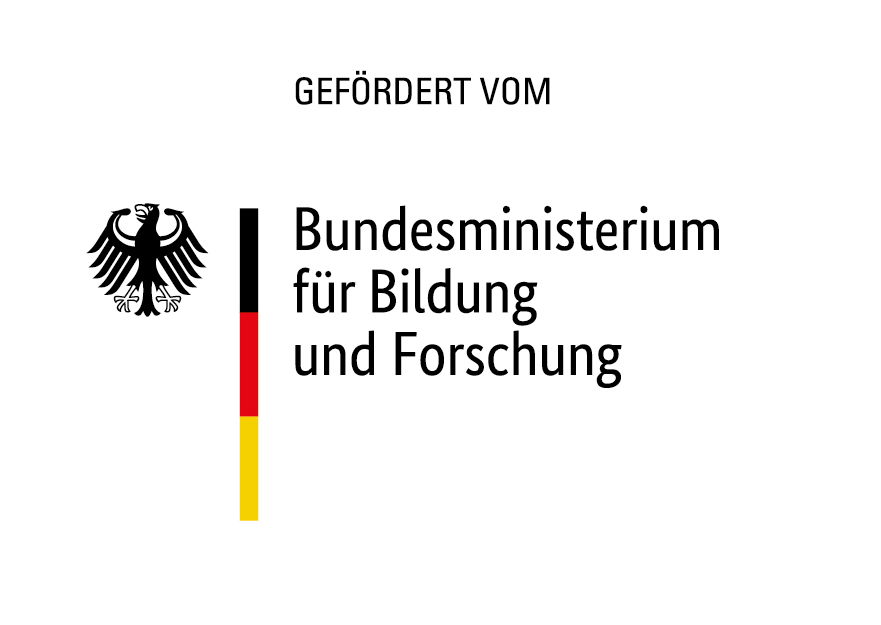Gender 3.0 at School: Challenges and Requirements in Teacher Education to Include Gender Diversity, with Special Consideration of the 3rd Civil Status 'Divers'
Legal gender categories have long reverted to the binary “male” and “female” in countries worldwide. Since 2019, a third civil status – ‘divers’ – has existed in Germany (§ 22 section 3 PStG).
- Keywords
- Gender 3.0, Diversity, divers
- Duration
- 05/01/2021 - 04/30/2026
- University institutions
- Centre for Education, Teaching, School and Socialization Research (ZeBUSS), Department of School Education
Key facts
Description
Addressing this shift, our 5-year research project explores how the new gender terminology affects education and teaching. Specifically, it asks how the creation of a ‘third gender’ option impacts school requirements to foster gender diversity at school by promoting equal participation in education for trans*, inter*, non-binary and other gender non-conforming students. Our goal is to systematically analyze the interconnection between gender diversity, school, and equal chances in education.
Sponsored by the German Federal Ministry of Education and Research, this research project uses an interdisciplinary, intersectional and multi-method research design that incorporates crucial interconnections between (?) theory and practice. The project consists of five parts.
Part 1 empirically collects and analyzes data on the discriminations faced by trans*, inter*, non-binary and other gender non-conforming students, as well as the requirements for their inclusion.
Part 2 surveys the current national and international state of research on gender diversity and schools. Working with partners in the areas of further education and antidiscrimination practice.
Part 3 conducts practice research and investigates current training programs on sexual and gender diversity and education.
Part 4 includes a pilot project to teach future teachers about gender diversity.
The project will be tested, evaluated and readjusted over the course of two semesters within the teacher education program at Europa-Universität Flensburg. Parts 5 and 6 address theoretical and empirical issues in gender diversity and equal participation in education, discusses the production of new learning materials (such as podcasts or videoclips), and identify the transformations that schools will need to undergo in connection with the new ‘divers’ civil status.
Geschlechterdiversität in der Schule
Teaching beyond Cis- and Heteronormativity - TIN Perspektiven in und auf Lehr(amt)praxis und Pädagogik
Responsible
Prof. Dr.Tamás Jules Fütty
- Phone
- +49 461 805 2494
- Tamas.Fuetty-PleaseRemoveIncludingDashes-@uni-flensburg.de
- Building
- Gebäude Helsinki
- Room
- HEL 114
- Street
- Auf dem Campus 1a
- Post code / City
- 24943 Flensburg
Project members

Sannik Ben Dehler
- Phone
- +49 461 805 3039
- sannik.ben.dehler-PleaseRemoveIncludingDashes-@uni-flensburg.de
- Building
- Gebäude Riga 5
- Room
- RIG 503
- Street
- Auf dem Campus 1c
- Post code / City
- 24943 Flensburg

Dr.Helene Götschel
- Phone
- +49 461 805 3044
- helene.goetschel-PleaseRemoveIncludingDashes-@uni-flensburg.de
- Building
- Gebäude Riga 5
- Room
- RIG 503
- Street
- Auf dem Campus 1c
- Post code / City
- 24943 Flensburg
Financing
The project is funded by the Federal Ministry of Education and Research (BMBF) under the funding code 01JG2105.
Projektträger DLR Bereich "Empirische Bildungsforschung" www.empirische-bildungsforschung-bmbf.de
